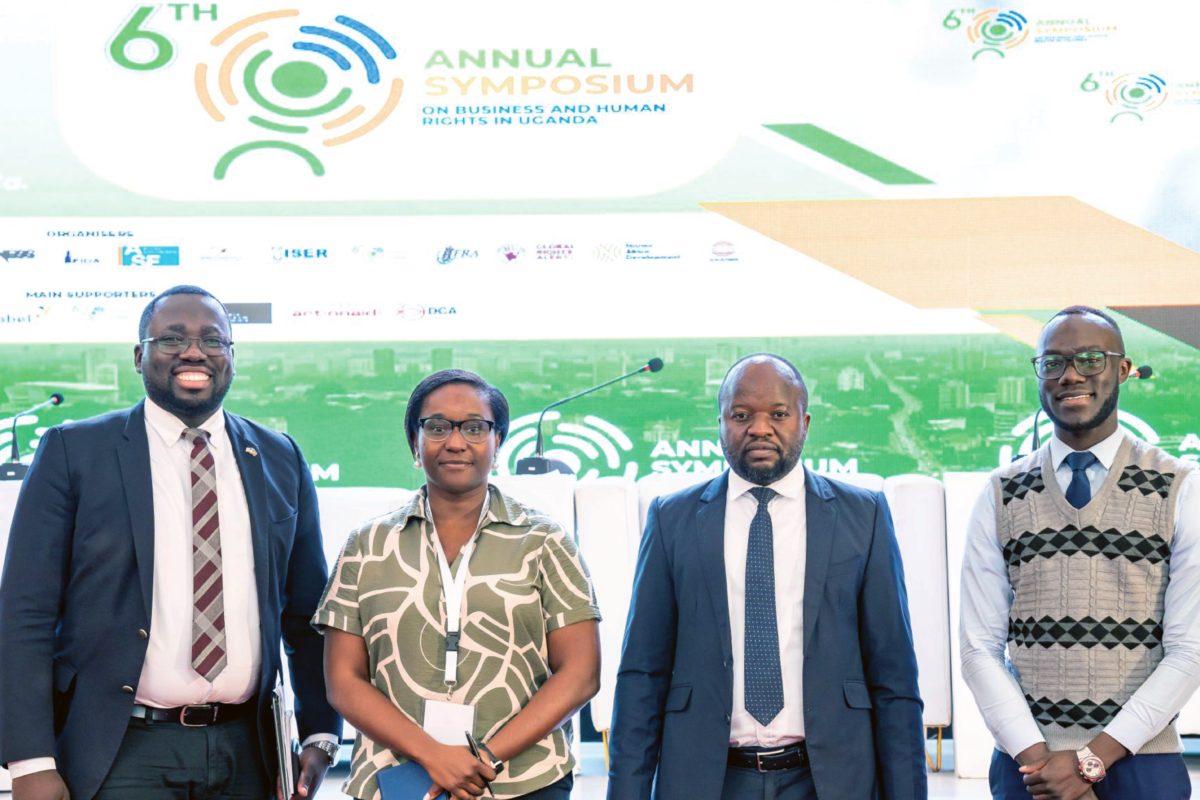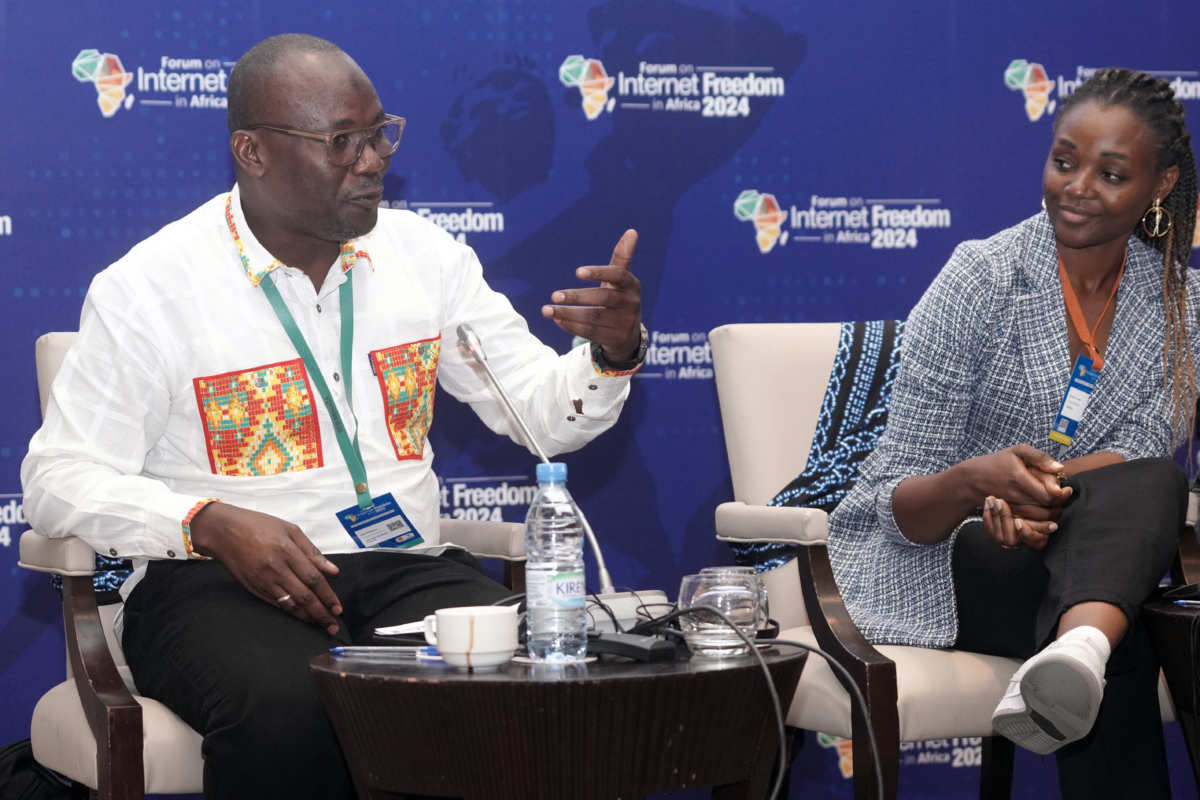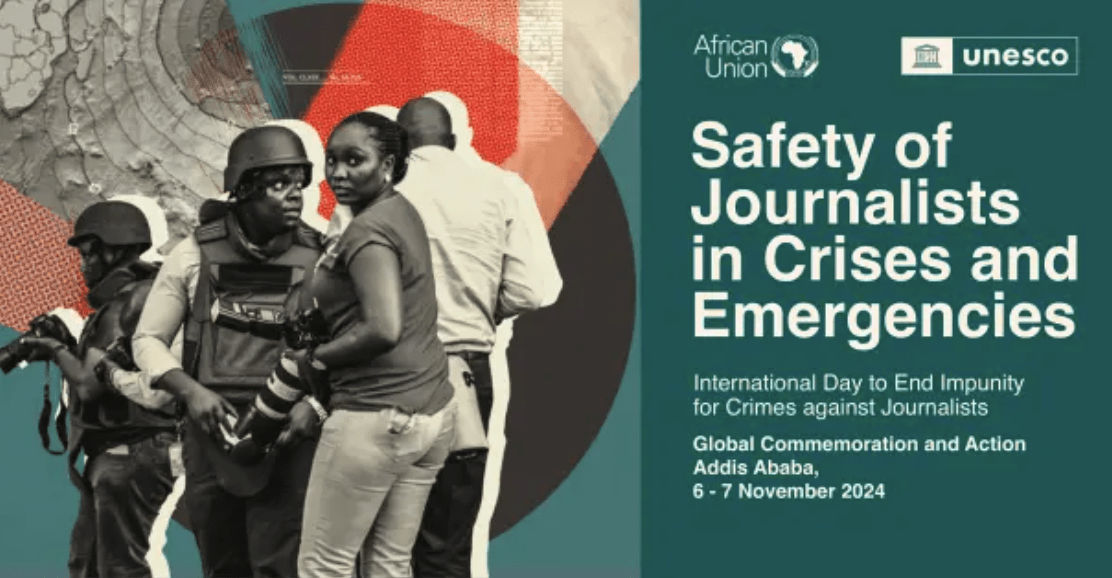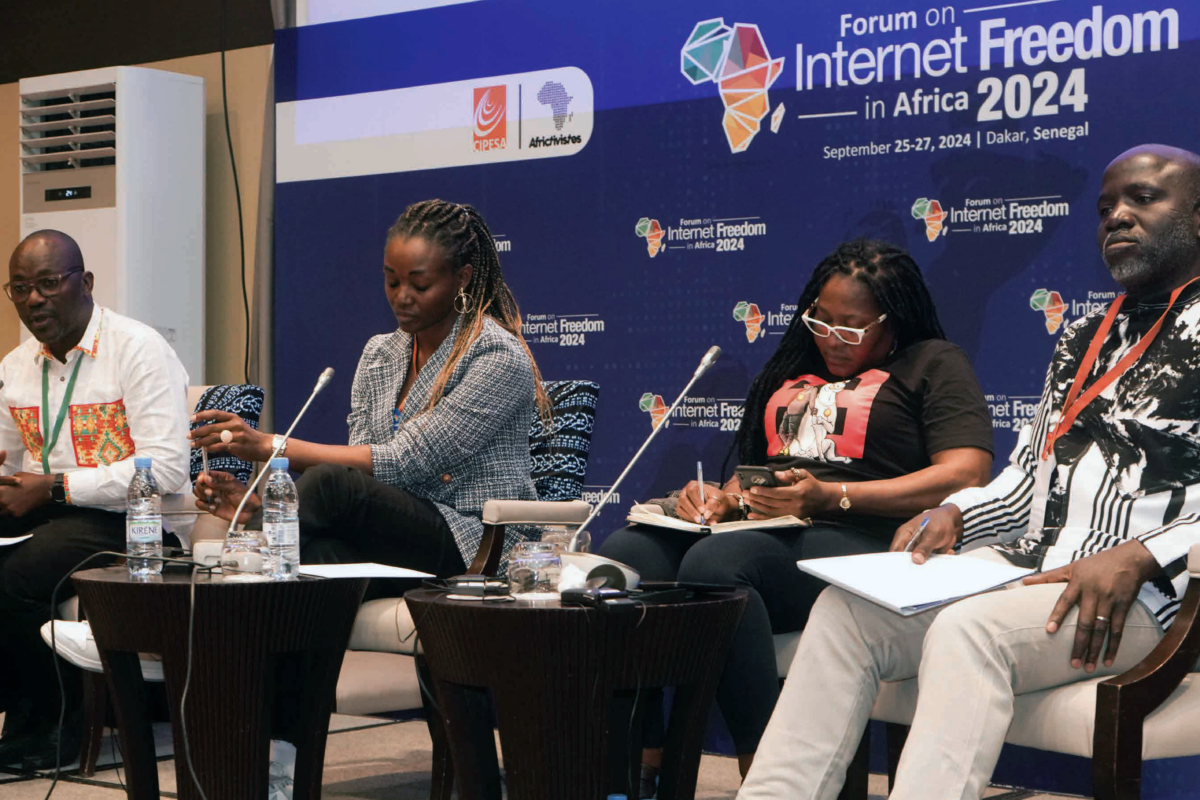Statement |
As civil society organizations and stakeholders in the Information, Communication and Technology (ICT) sector committed to Digital Rights and Internet Freedom, we are deeply concerned about the Kenyan government’s recent decision to block access to the Telegram social media platform.
According to an unverified letter circulating online from the Communications Authority of Kenya (CA) to service providers (Safaricom, Airtel, Telkom Kenya and Jamii Telecommunications) on 31 October 2024, the operators were required to “use all available mechanisms to suspend the operation of Telegram Inc in the country”. The suspension was ordered to prevent cheating during the national examinations period on weekdays until 22nd November 2024. Moreover, the ongoing internet disruption has been confirmed by web connectivity tests from OONI and Netblocks, as well as independent tests by Tatua.
Internet disruptions like these undermine fundamental human rights and freedoms outlined in the International Bill of Rights to which the Kenyan government is a party and the Kenyan Constitution. Likewise, they disrupt economic activity and weaken democratic values by limiting the rights to Access to Information and Freedom of Expression, Assembly and Association.
This action also goes against the principles outlined in the Global Digital Compact (GDC), which emphasizes the importance of a universal, open, and secure internet. The GDC, part of the commitments that governments endorsed in the Pact of the Future, discourages internet shutdowns, noting their harmful impact on human rights, democracy, and economic growth, and calls for transparent and accountable solutions to address issues in the digital space. At a time when global standards are pushing for universal, secure, and open internet access, national policies must align with these principles rather than undermine them.
Kenya’s commitment to internet freedom appears to be on a worrying downward trend. We note with concern that there was an internet disruption on 25 June, less than 6 months ago, during the protests against the Finance Bill, 2024. A similar blocking of the Telegram App was implemented in November 2023. Such repeated actions not only curtail rights but also erode public trust in digital governance.
While we recognize the importance of maintaining exam integrity, we urge the Kenyan government to explore alternative, lawful and rights-respecting measures to tackle this issue. Instead of blocking the application or disrupting the internet, authorities are encouraged to pursue criminals who breach confidential examination documents and seal loopholes in examination processes. Such alternative actions to tackle this issue can be explored through multi-stakeholder consultations ensuring that they are human rights-respecting. Disrupting the internet or blocking social media access as in this case goes against the three-part test under international human rights law of legality, legitimacy, necessity and proportionality. A stable, secure and accessible internet should remain a priority, especially given its critical role in supporting the digital economy, education, livelihoods, and civic engagement.
We call on Kenyan authorities and the CA in particular, to immediately retract the letter to service providers, and for service providers to restore access to Telegram and commit to upholding digital rights and internet freedom. We also urge policymakers to consult civil society and other key stakeholders to develop sustainable, rights-based strategies to address digital governance challenges without resorting to internet disruptions.
Endorsed on November 9, 2024 by:
Afia-Amani Grands-Lacs
African Internet Rights Alliance (AIRA)
Africa Media and Information Technology Initiative (AfriMITI)
Afrika Youth Movement
Article 19 East Africa
Bloggers Association of Kenya (BAKE)
Brain Builders Youth Development Initiative
Centre for Artificial Intelligence Ethics and Governance in Africa (CAIEGA)
Centre for Information Technology and Development (CITAD)
Center for the Study of Organized Hate (CSOH)
Collaboration on International ICT Policy for East and Southern Africa (CIPESA)
Collaborative for Peace
Consortium of Ethiopian Human Rights Organizations (CEHRO-Ethiopia)
FactCheck Africa
Gonline Africa
Human Rights Journalists Network Nigeria
Impact Foundation For Youths Development
Internet Without Borders
Internet Society Kenya Chapter
KICTANet
Kijiji Yeetu
Media Rights Agenda (MRA)
Paradigm Initiative (PIN)
Roots Africa Inc.
Tech & Media Convergency (TMC)
The Internet Governance Tanzania Working Group (IGTWG)
Tribeless Youth (TY)
VANGUARD PRESS BOARD UDUS
Women of Uganda Network (WOUGNET)
West African Digital Rights Defenders Coalition
The SaferNet Initiative
This article was first published by KICTANET on November 09, 2024.






